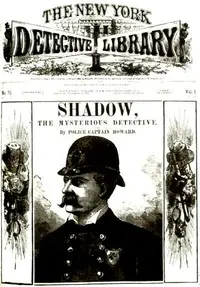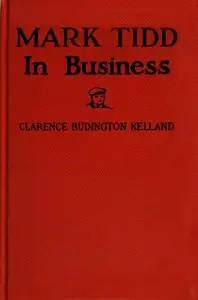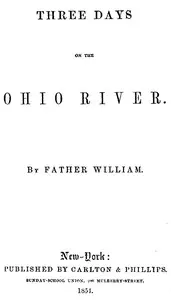"First Book in Physiology and Hygiene" by John Harvey Kellogg is a guide aiming to teach kids about their bodies and health during the late 1800's. It explains basic ideas about how the human body works, focusing on easy-to-understand facts about different body parts, good nutrition, and the dangers of things like drugs. Using simple language, the book compares the body to a house, making it easier for young readers to learn about and appreciate how their bodies function and why it's important to take care of them. The book tries to connect how the body is built with how it works, and how to keep it healthy, encouraging kids to see their bodies as amazing machines to be respected.

First Book in Physiology and Hygiene
By John Harvey Kellogg
Discover the secrets to a healthy life as you explore the amazing machine that is your body, learning how to care for its many working parts.
Summary
About the AuthorJohn Harvey Kellogg was an American businessman, inventor, physician, and advocate of the Progressive Movement. He was the director of the Battle Creek Sanitarium in Battle Creek, Michigan, founded by members of the Seventh-day Adventist Church. It combined aspects of a European spa, a hydrotherapy institution, a hospital and high-class hotel. Kellogg treated the rich and famous, as well as the poor who could not afford other hospitals. According to Encyclopædia Britannica, his "development of dry breakfast cereals was largely responsible for the creation of the flaked-cereal industry."
John Harvey Kellogg was an American businessman, inventor, physician, and advocate of the Progressive Movement. He was the director of the Battle Creek Sanitarium in Battle Creek, Michigan, founded by members of the Seventh-day Adventist Church. It combined aspects of a European spa, a hydrotherapy institution, a hospital and high-class hotel. Kellogg treated the rich and famous, as well as the poor who could not afford other hospitals. According to Encyclopædia Britannica, his "development of dry breakfast cereals was largely responsible for the creation of the flaked-cereal industry."















